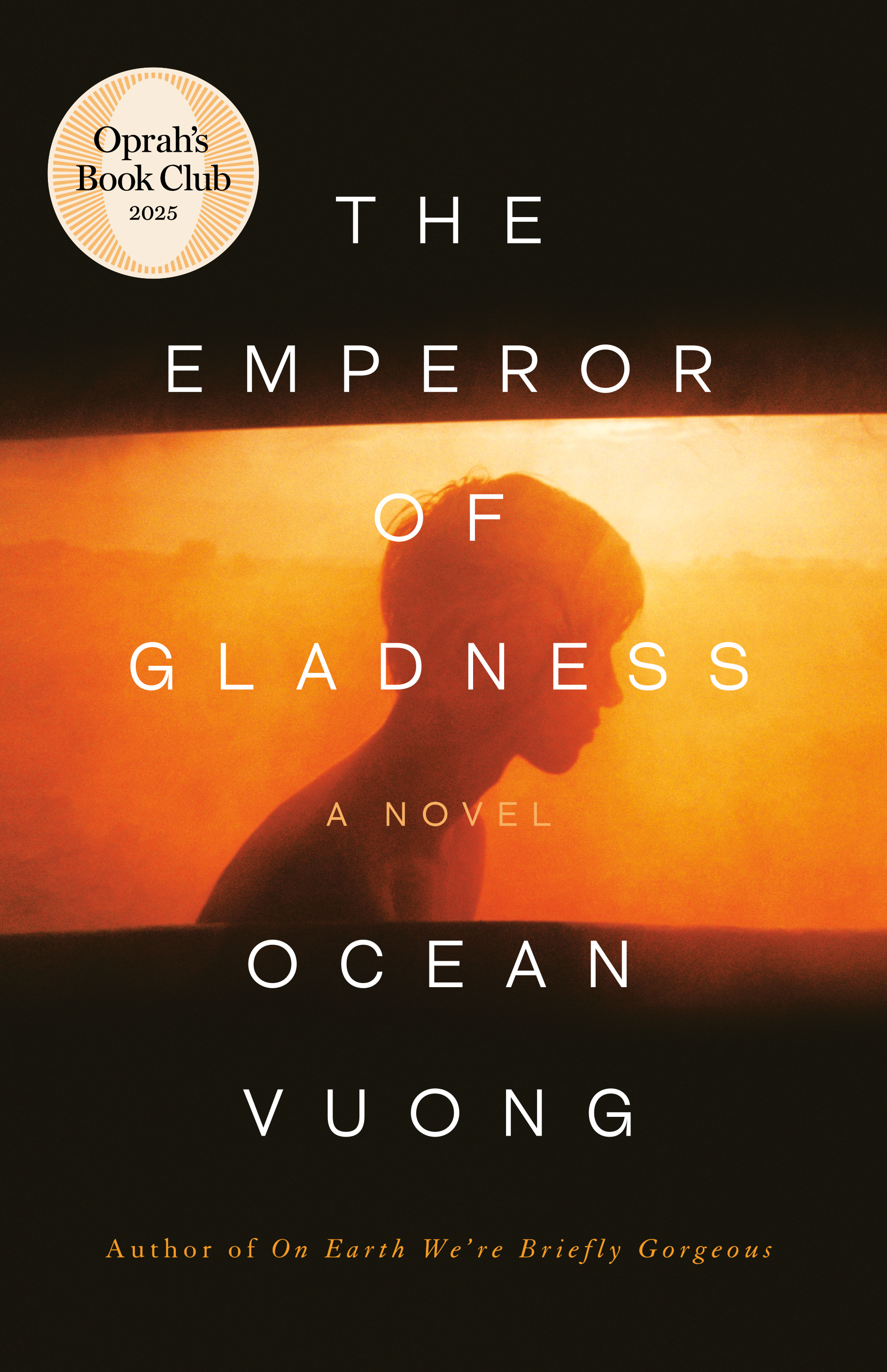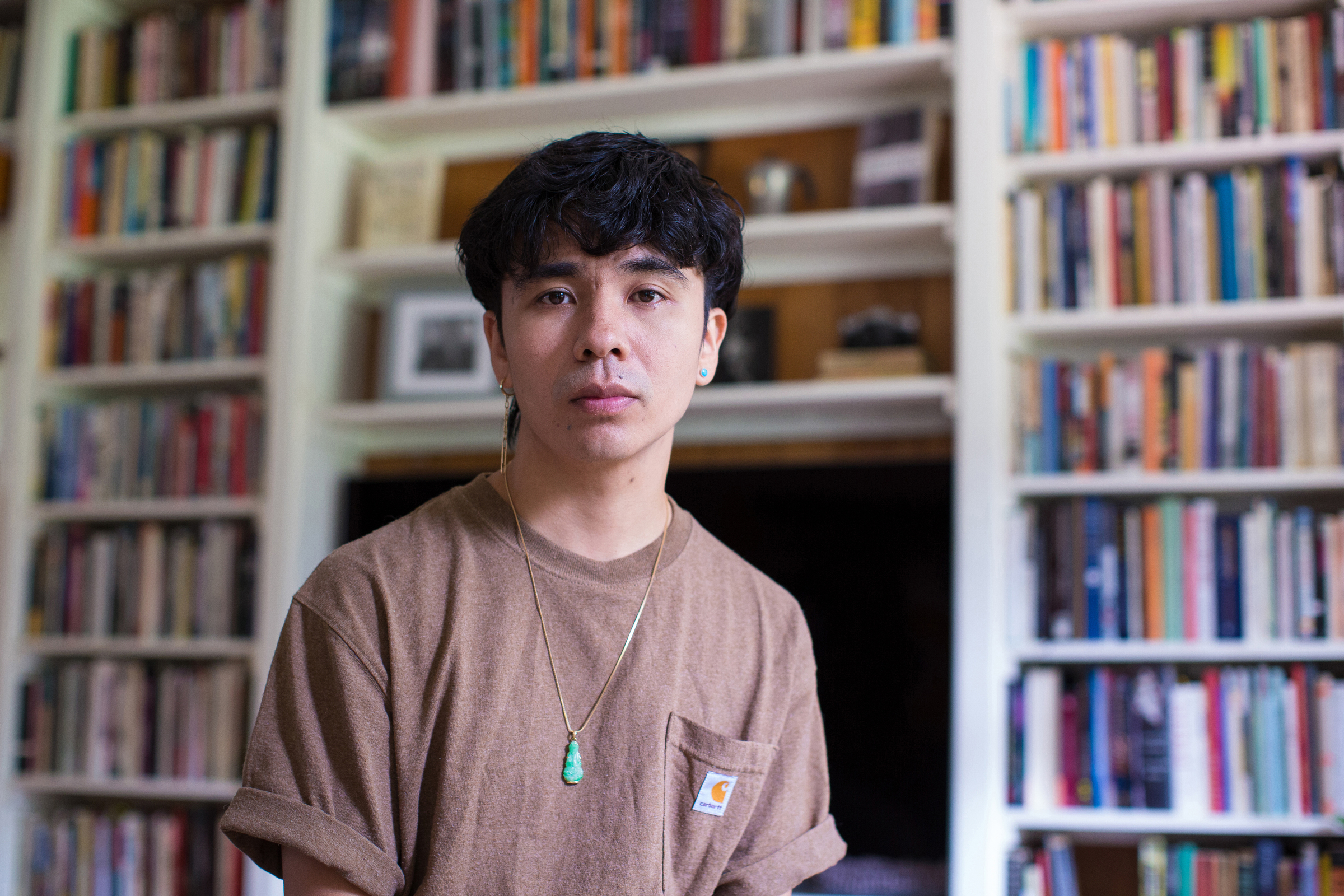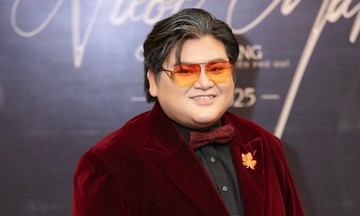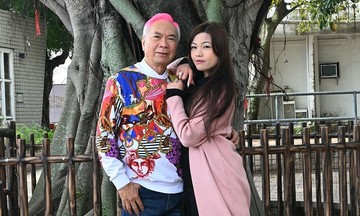Vietnamese American poet and novelist Ocean Vuong returns to the literary scene with *The Emperor of Gladness* after five years of development. He discusses his creative inspiration and the influence of Vietnamese culture on his writing.
When asked about the circumstances surrounding the writing of *The Emperor of Gladness*, Vuong explained that he began writing in January 2020, 49 days after his mother's death. During that time, he reflected on the working class in the US and their struggles. Growing up in a Vietnamese community provided a different perspective compared to the literary world, often dominated by authors from middle- or upper-class backgrounds with financial support. Vuong noted the challenge for those from working-class or refugee backgrounds to publish their work and his desire to contribute to a literary movement that amplifies marginalized voices. His goal, he clarifies, is not to become a new voice, but to affirm writing as a vital profession. The book’s title, he explains, is a metaphor for the hidden side of the “American dream,” reflecting the lives of many Vietnamese immigrants working in nail salons and factories.
Compared to his previous novel, *On Earth We're Briefly Gorgeous*, Vuong, a Buddhist who believes in reincarnation, sees *The Emperor of Gladness* as its “next life.” He contrasts the Western emphasis on originality with the Eastern, particularly Vietnamese and Buddhist, philosophy of continuation and renewal. He envisions the new book as the novel *Little Dog* from *On Earth We’re Briefly Gorgeous* would write, emphasizing a cycle of rebirth. He aims to introduce this perspective to American readers unfamiliar with the concept. Vuong wrote his first novel as a personal letter between mother and son, offering readers a glimpse into a private Vietnamese conversation. He challenges the notion that Asian literature has limited stories to tell, highlighting the endless potential of themes like immigration and refuge. He intentionally retains a sense of privacy in his work, resisting the pressure on Asian authors to explain their cultural identity to a global audience.
Vuong doesn't prescribe any specific message or expectation for readers. He believes authors shouldn't patronize readers but instead approach writing with humility. He avoids a dictatorial tone, seeing a novel as an open door for individual interpretation. He compares himself to an architect, designing a space but not controlling the experiences within it.
Addressing the criticism of *On Earth We're Briefly Gorgeous* as inappropriate for schools, Vuong acknowledges the censorship, particularly regarding intimacy within the LGBTQ+ community. While he understands he can’t control societal reception, he emphasizes his focus on human intimacy, not pornography. He sees his role as translating human experiences into stories, portraying LGBTQ+ intimacy not for shock value but as a reality. Writing about these experiences, he argues, acknowledges their existence. While he doesn’t live in Vietnam and respects readers’ access to literature, he believes young people everywhere need opportunities to explore their identity.
 |
The cover of Ocean Vuong's *The Emperor of Gladness*, 416 pages, released in the US on 13/5. According to a representative of Nha Nam Publishing, the Vietnamese edition will be released in August, translated by Khanh Nguyen. Photo: *Penguin Press* |
Vuong acknowledges the profound influence of Vietnamese culture and family on his writing, even if not always apparent. He describes his Vietnamese as fragmented due to war and migration, mirroring the broken English spoken by his family upon arrival in the US. Growing up between two incomplete languages, he sees writing as a way to preserve memories and heal. Coming from a family with limited education, he recounts his mother’s interrupted schooling and her description of his Vietnamese as rural. He sees this imperfection as a source of creativity, a “third world” between Vietnamese and English. He embraces this space, transforming loss into creativity.
Connecting with Vietnamese culture is instinctive for Vuong. He visits temples naturally, not out of obligation. He contrasts his experience with that of authors from privileged backgrounds who can detach from their roots. His working-class family ties him to his heritage. He chose New York University over Stanford to remain close to his family in the Northeast, a decision driven by gratitude and pride.
 |
Portrait of writer Ocean Vuong. Photo: *John D. and Catherine T. MacArthur Foundation* |
Vuong has no specific future plans, feeling emptied after pouring himself into his books. He's content with his teaching career and open to writing more, but without pressure. While his limited Vietnamese prevents him from writing a full novel in the language, he cherishes it as the language of family and heart.
Ocean Vuong, whose Vietnamese name is Vuong Quoc Vinh, 36, is a poet and novelist. Born in TP HCM, he grew up in Hartford, Connecticut (US). In 2016, his debut poetry collection *Night Sky With Exit Wounds* won the T.S. Eliot Prize. His debut novel, *On Earth We're Briefly Gorgeous*, published in 2019, is being adapted into a film by A24.
Vuong's latest work, *The Emperor of Gladness*, was one of the most anticipated books of the year, according to *Time* magazine. It received positive critical acclaim and was selected for Oprah's Book Club.
Vuong and Penguin Press pledged 50 cents (over 11,000 VND) from each pre-order of *The Emperor of Gladness* (up to 10,000 USD) to the Queer Liberation Library, which provides free LGBTQ+-themed books online.
By Que Chi.












